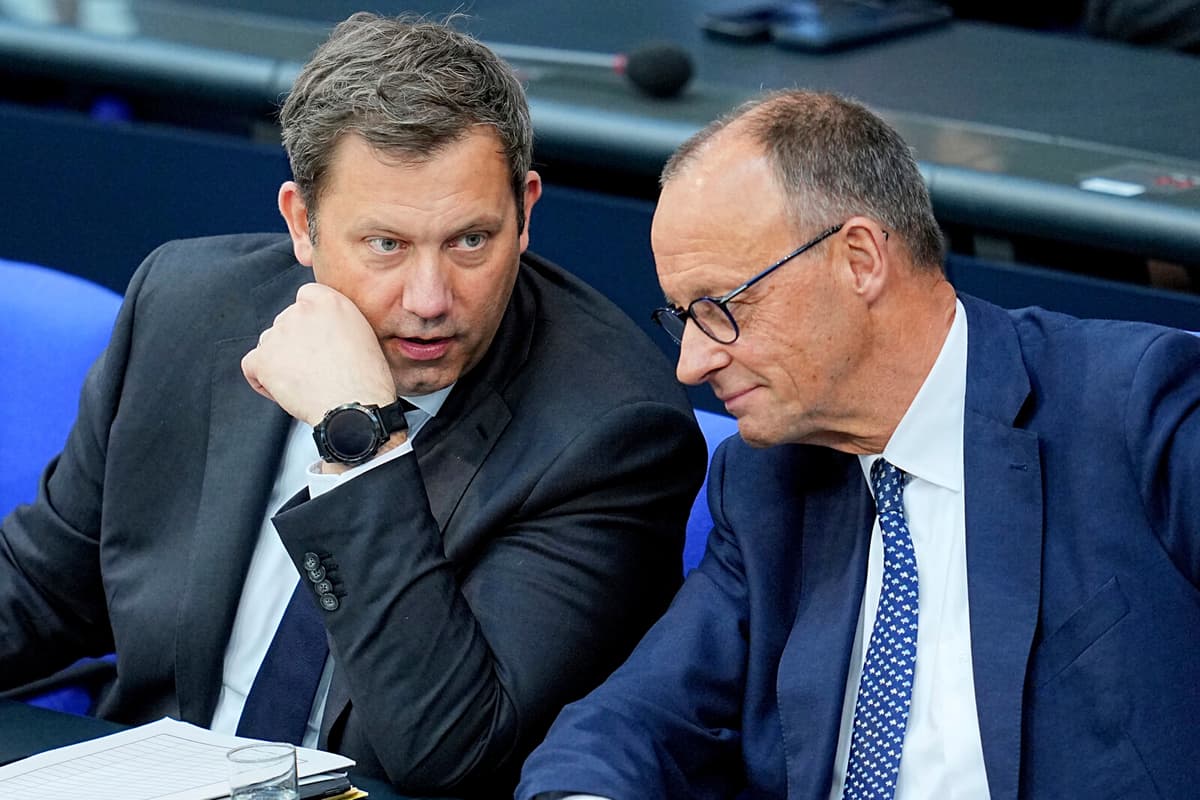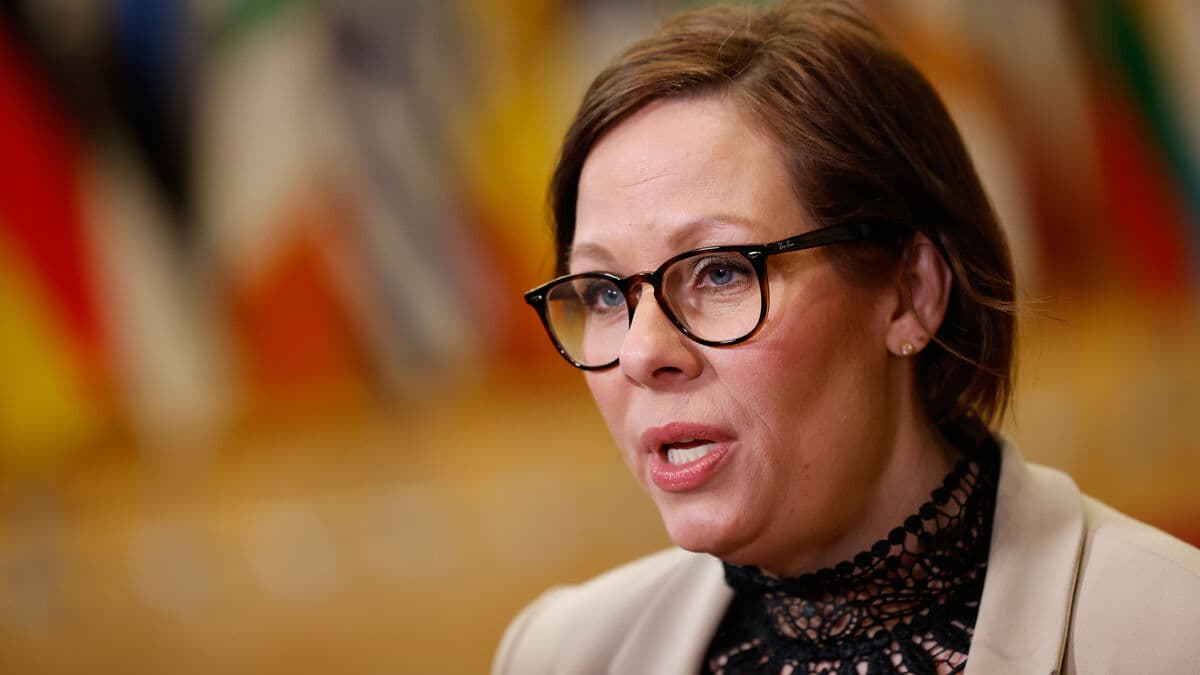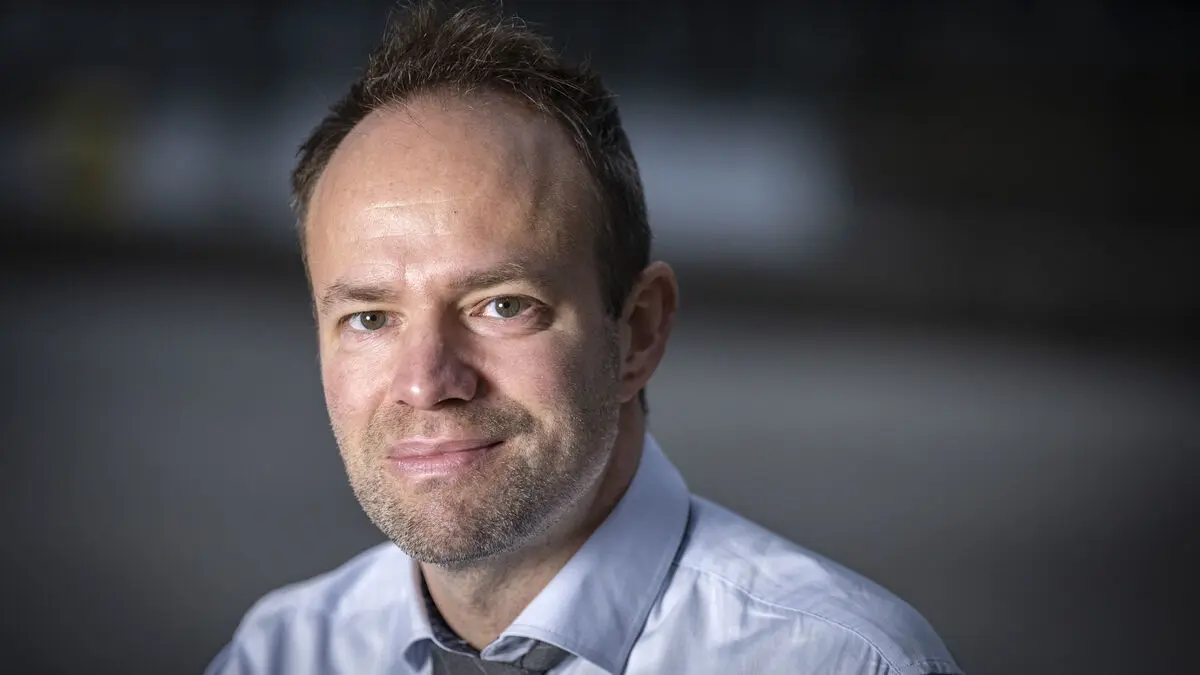At the same time as NATO countries' leaders have agreed to allocate 5 percent of GDP to defense in a historic buildup, an infected schism has flared up in the German Social Democrats (SPD), which, together with Chancellor Friedrich Merz's Christian Democrats, governs Europe's largest economy.
Prior to the SPD's ongoing congress, a group of former high-ranking party representatives has written a manifesto that challenges the party leader and Finance Minister Lars Klingbeil and Defense Minister Boris Pistorius' line to significantly increase defense spending. Instead, Germany should work towards a "gradual return to détente and cooperation with Russia", believe the signatories, including former group leader Rolf Mützenich and former party leader Norbert Walter-Borjans.
"Do not share the view"
Historian Peter Brandt, son of former West German Chancellor Willy Brandt, is also behind the appeal.
I do not share the view that Russia will attack NATO, he says to Financial Times.
Willy Brandt, who in 1971 was awarded the Nobel Peace Prize for his so-called "Ostpolitik", broke with his predecessor Konrad Adenauer's line that West Germany would not have diplomatic relations with any state that recognized the GDR (with the exception of the Soviet Union). Instead, he worked for what is called "Wandel durch Annäherung" in German - change through rapprochement.
Throughout the 1970s, West Germany spent over 3 percent of GDP on defense, which Lars Klingbeil has stubbornly pointed out to give critics an answer.
No small minority
Germany has since Russia launched its full-scale war of aggression against Ukraine fundamentally revised its previous Russia policy, with sanctions against Moscow, large arms deliveries to Ukraine, and cut off imports of cheap Russian gas that has carried industry and warmed households. The shift came quickly - as late as nine days before the Russian major invasion in February 2022, then-Chancellor Olaf Scholz visited Moscow in the hope of being able to deter Putin from an attack.
The manifesto is not expected to receive support from any majority at the congress. But the party-internal discontent can still become a headache for Klingbeil, who despite a catastrophic result in the election earlier this year managed to sew up a co-government with Merz's Christian Democrats. The critics are not an insignificant crowd.
They are not a majority in the SPD, but they are not a small minority either, says political scientist Uwe Jun to Financial Times.






